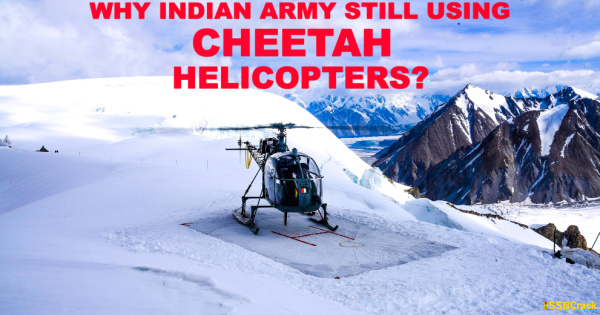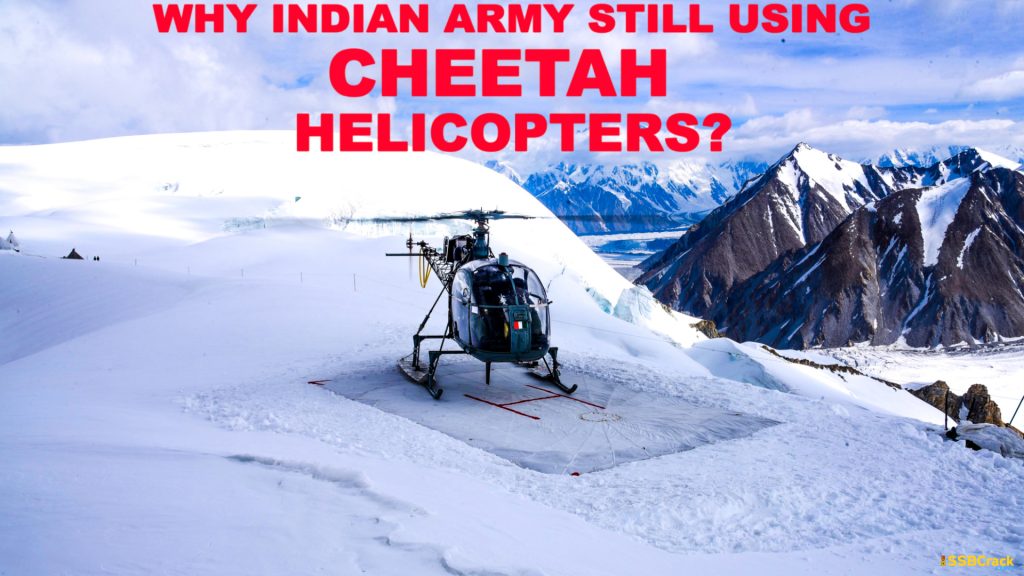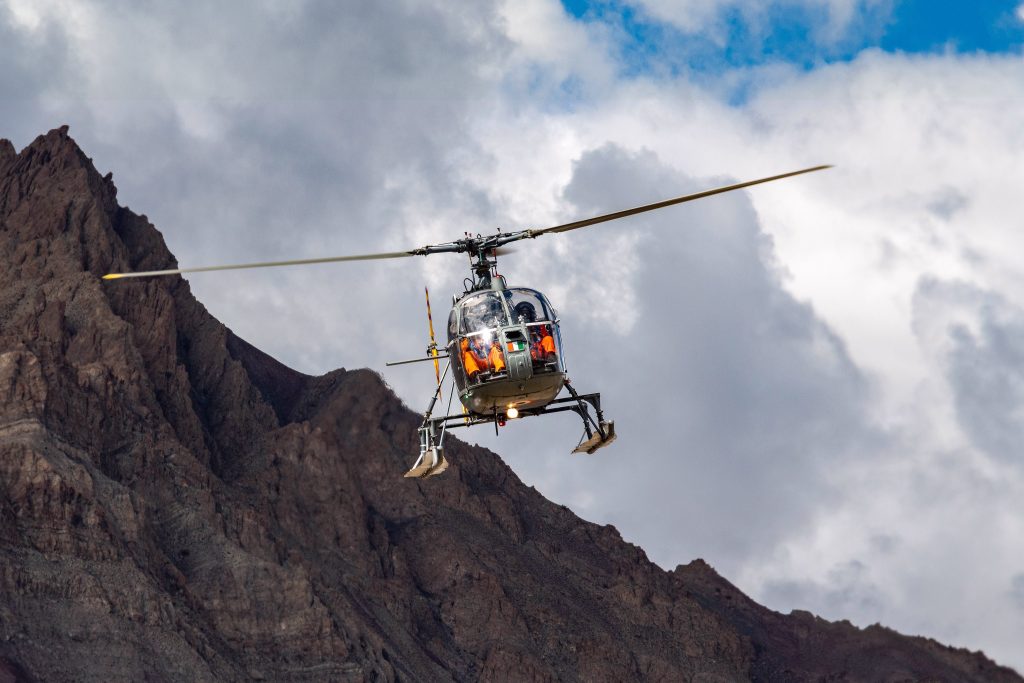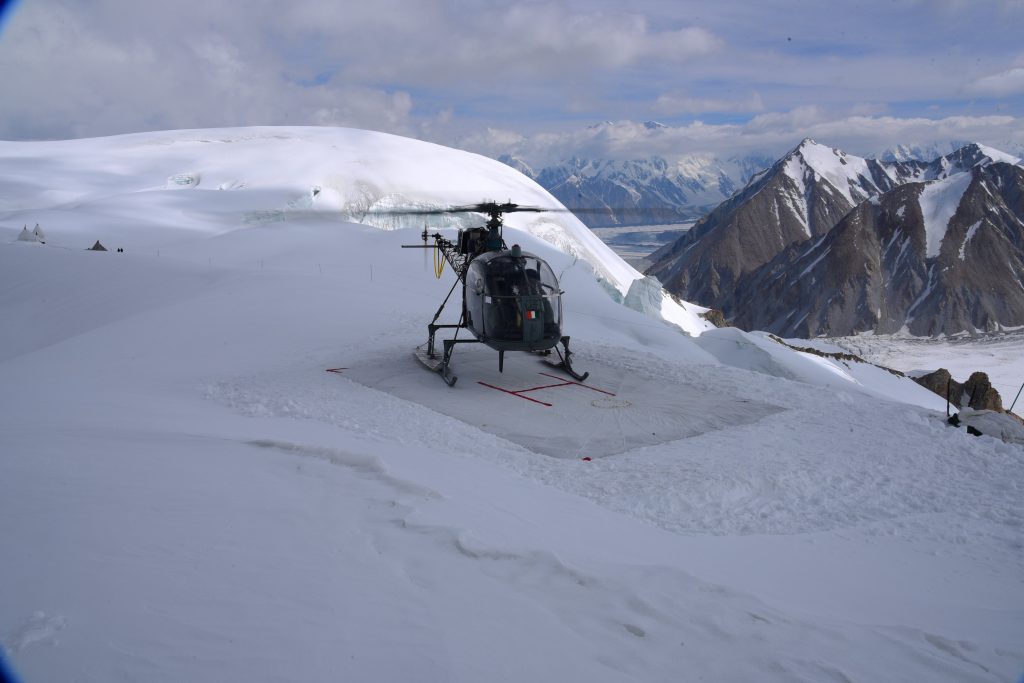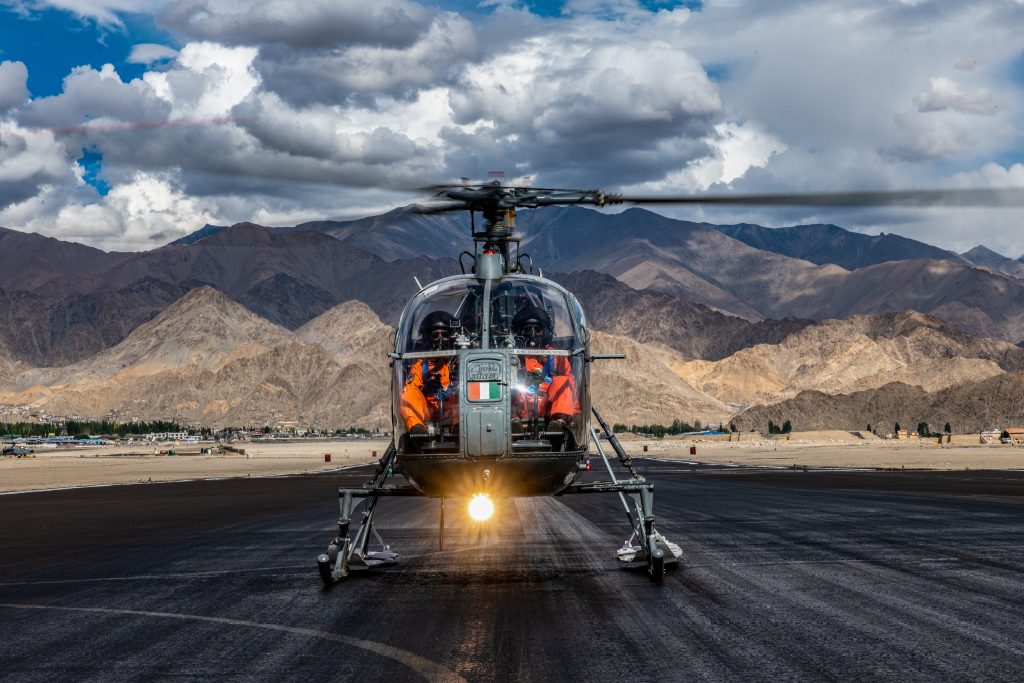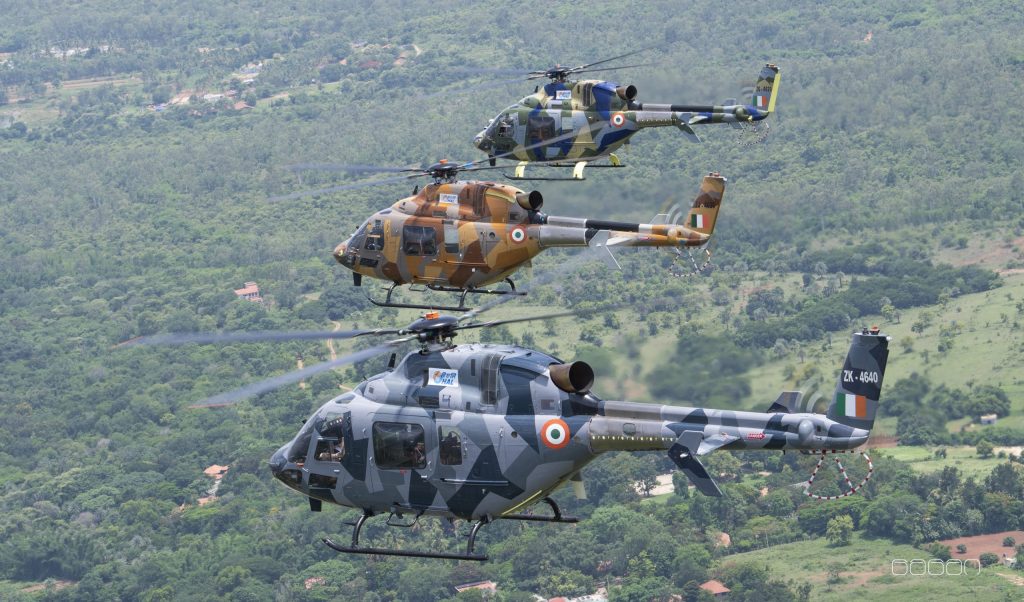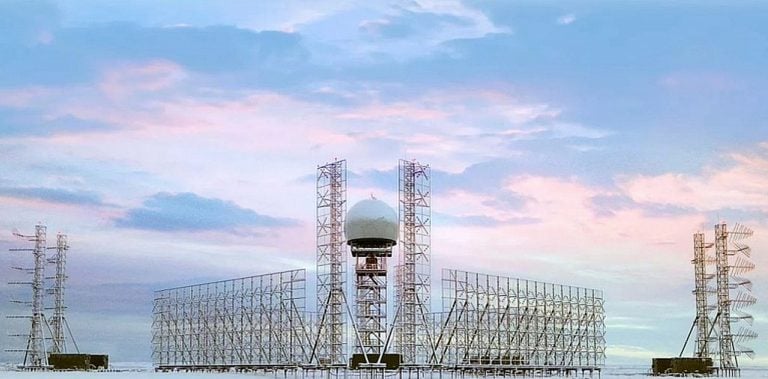Recently we heard On Thursday, two pilots were killed when an Indian Army Cheetah helicopter crashed in Arunachal Pradesh. The crash happened around 9:15 a.m. in Arunachal Pradesh near Mandala, west of Bomdila. Now, this is very common we hear that a Cheetah or a Chetak Helicopter is getting crashed or meeting an accident. Many of us must have thought that if these Helicopters are so dangerous to fly, Why the Indian Army is still using these helicopters despite various accidents?
About HAL Cheetah
The HAL Cheetah is a replica of the French Aérospatiale SA 315B Lama. While it is well-known for its ability to operate in both hot tropical weather and high altitude conditions, the SA315B Lama was first flown in 1969, more than 50 years ago. The Cheetah, like the HAL Chetak, has a reputation for being dangerous over the years, with the armed forces attempting to find upgrades for these rotorcraft.
Helicopter with “hot and high” performance
The Lama program began in the late 1960s in response to a request from the Indian and Nepalese militaries for a helicopter capable of operating in both the Himalayas and India’s hot tropical plains. With increasing temperature and altitude, air density decreases, affecting aircraft performance. Reduced weight and increased engine power are two ways to improve an aircraft’s “hot and high” performance – generally competing incentives because more powerful engines are often heavier and vice versa.
To achieve the best of both worlds, the lightweight five-seat SA 313 Aérospatiale Alloutte II airframe was mated with the dynamic components of the larger and heavier seven-seat Aérospatiale SA 316 Allouette III (which would also be built under licence in India as HAL Chetak). The SA 315B Lama took off for its maiden flight on March 17, 1969.
Outstanding high-altitude helicopter
The Lama was immediately praised for its exceptional high-altitude performance and power-to-weight ratio, making it ideal for use in mountainous regions. It quickly demonstrated that it could carry slung loads weighing up to 1,000 kg to places where a much more powerful medium helicopter could not go, making it a useful supply as well as search and rescue helicopter in previously inaccessible areas.
Indian Army and HAL Cheetah
The Cheetah has been the backbone of India’s military presence in high-altitude Himalayan regions. It has been used for transporting men and materials, search and rescue, and reconnaissance by both the Indian Air Force and the Army Aviation Corps. Cheetahs have proven especially useful in operations in Siachen, the world’s highest battleground at over 6,000 meters. HAL was also able to arm the Cheetah with two 12.7 mm heavy machine guns and 70mm rockets, renaming the vehicle the Lancer.
Ageing but Still Used by the Indian Army
While the Cheetah was a good helicopter at the time, 2023 is more than 60 years after its first flight. Cheetahs’ airworthiness has recently been called into question in the context of a number of incidents over the years. Apart from crashes, Cheetahs require a lot of maintenance, and spare parts are becoming increasingly difficult to come by.
Also read: Indian Army Cheetah Helicopter Crashes In Arunachal Pradesh
In fact, authorities recognized as early as 2002 that Cheetahs were rapidly becoming obsolete, underpowered, and unreliable for armed forces requirements. This prompted HAL to redesign the helicopter with a new, more reliable, and efficient engine, giving birth to the HAL Cheetal. However, the rotor blades HAL had built for the platform were found to be insufficient, and by 2012, production had ceased, with only 12 Cheetals reportedly built.
The Cheetah remains a mainstay for Indian armed forces operating in the mountains because there is no better alternative available at the moment. While there are better “hot and high” performance helicopters on the market, such as the Airbus H125, India has prioritized indigenous development and production.
Also read: All About Local To Global HAL’s Advanced Light Helicopters (ALH)
Since 2008, HAL has been developing an indigenously developed Light Utility Helicopter (HAL LUH) to eventually replace the Army and Air Force’s fleet of Cheetahs and Chetaks. However, progress has been slow, with initial operational clearance only obtained in 2020. HAL has currently been granted permission to manufacture 12 LUH, with deliveries scheduled for 2024.
To crack the SSB Interview and join the Indian Army as an Officer, You can join our SSB interview live classes batch and we recommend you to Enroll SSB INTERVIEW ONLINE COURSE. Trusted by thousands of defence aspirants.
Also read:
